For some people, a will feels like a plot hook in a movie instead of a necessary document in their own lives. People often look at their existing debts – student loans, mortgage, credit cards, etc. – and think that they won’t really have much to leave behind, so they see no point in going through the estate planning process. In many instances, people have more than they think, but many have not taken the time to contemplate the totality of the assets they have accumulated (i.e., real property, life insurance, retirement plans, etc.). In fact, a well drafted will contains many important provisions that can make a huge difference to the loved ones left behind. Below are some key issues that can be addressed by having a will.
1. Keep the Probate Costs Down
When an individual dies, the law requires that (in, most instances) the decedent’s estate goes through a legal process to make sure that all debts, expenses, and taxes are paid and subsequently, that the right people inherit the remaining assets. The legal term for this process is “probate,” and it is done through the authority of the courts. While a will does not provide for the avoidance of probate, it can reduce the cost of the probate process. The provisions of a will should include the designation of fiduciaries (i.e., personal representative(s), trustee(s), guardian(s), etc.) and provisions waiving the statutory limitation on funeral expenses. Absent a will, these designations are determined by the law of the decedent’s jurisdiction at the time of his or her death and a judge. The cost in terms of attorney hours can be substantially reduced if these issues are included in a will.
2. Designating a Personal Representative
When an individual dies, someone needs to take responsibility for the issues that need to be addressed. In addition to the probate process, funeral and burial arrangements need to be made, and physical and legal transfer of assets need to happen. A well drafted will designates a personal representative or executor to accomplish these and other tasks. Otherwise, a combination of law and judge-made decisions that will control these aspects of the process. Depending on the composition of the family left behind, this can lead to significant issues. For example, imagine a man married again, and, at the time of his passing, there are three children from the first marriage, and the children do not have an amicable relationship with the widow. The tense relationship between the children and the surviving spouse can lead to the probate process being adversarial which can contribute to additional costs.
3. Waiver of Bond
Under probate law in most jurisdictions, a personal representative has to answer to the court and to the heirs and creditors of the estate for their actions. As part of the legal process, most jurisdictions require the personal representative to obtain a bond to protect against the potential fiduciary breaches by the personal representative and against possible mismanagement of the estate. For example, in the District of Columbia the bond has to cover the entire value of the estate, and bonding companies generally charge a premium that is a percentage of the total value of the bond (i.e., the estate). If a person owns real estate, has significant investment accounts and retirement plans, among other assets, the total estate can be hundreds of thousands to millions of dollars, which can potentially cause the required bond to be a significant financial burden to the personal representative. However, most wills drafted by an estate planning attorney waive the bond requirement for the personal representative, proactively preventing this issue.
4. Planning the Funeral
Typically, when an individual dies, their loved ones are left to plan the funeral and final disposition of the decedent’s remains. Imagine being in a state of grief and/or shock at the death of your loved one and having no idea what the decedent would prefer with regards to burial or cremation and the associated ceremony. Grief does strange things to people; it is not unheard of for arguments to break out between loved ones over how best to honor the decedent. A will can contain specific provisions for the type of ceremony, celebration, and disposition of remains desired. This can offer some solace to the loved ones making the plans, giving them confidence that they are fulfilling explicit wishes.
5. Planning for Young Children
Under the Uniform Trust for Minors Act, which has been adopted in some form in most jurisdictions, an inheritance left to minor children must be placed in a custodial account until the beneficiary reaches the age of majority (age 18 in most jurisdictions). As with other legal issues, if there is no will, the court will make a determination about who will serve as custodian of such account. Most parents do not want to leave this decision to the courts, nor do they want to have a sizable inheritance distributed in a lump sum to their child at the age of 18. Instead, parents can create a testamentary trust for any minor children under their wills; this allows the parents to appoint a trusted individual or institution to act as trustee and an appropriate provision for distributions to the children. In addition, a will can designate a guardian for minor children, which is of critical importance if both parents have died. While the court will still have to approve the designation, a well-crafted will has enormous sway over the court’s decision.
6. Control Over Inheritance
If a person dies without a will, there are strict rules for inheritance that cannot be bypassed by the court. Family dynamics and the decedent’s intent do not always align perfectly with the beneficiaries dictated by law. An unmarried couple, a family with a special needs child, family estrangement, or any number of other factors can have ramifications. Only a will, providing for the inheritance as a person truly desires can resolve this issue.
For financial, logistical, and emotional reasons, the benefits of having a will in place are clear. At Jayde Law PLLC, we specialize in helping people plan for their future, including the preparation of a detailed, legally enforceable will. Contact us for a free consultation.


